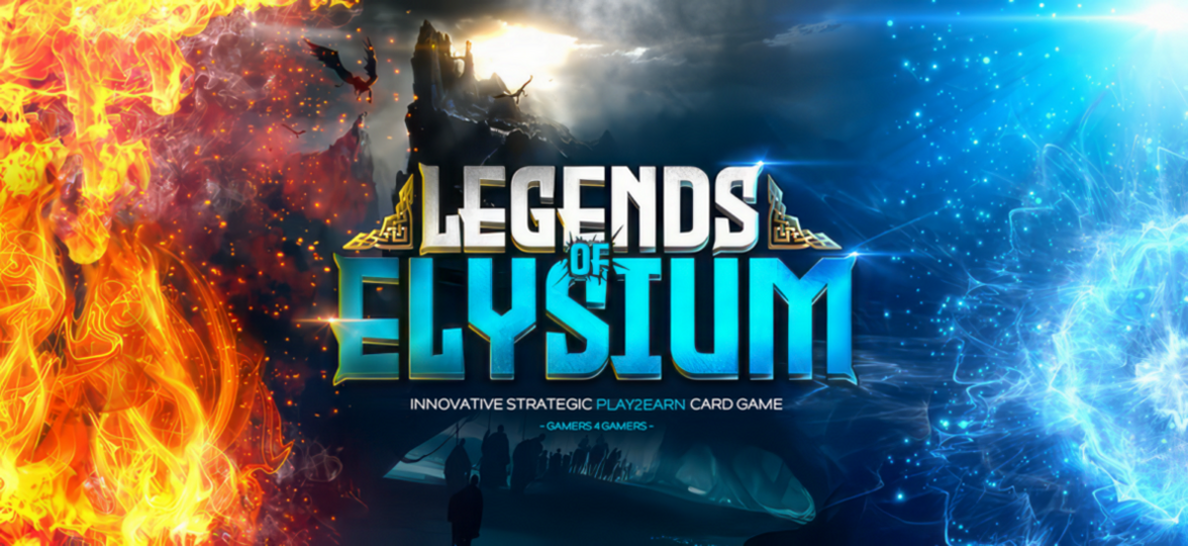GameFi’s Challenges and the Evolution Brought by Legends of Elysium
GameFi, or Gaming Finance, has become a major subject of discussion in the cryptocurrency marketplace, creating a unique space that merges the exciting realm of gaming with decentralised finance. However, the journey of certain games, such as Illuvium, has highlighted the difficult landscape of GameFi, riddled with various challenges. The dramatic fall of Illuvium’s ILV token by an astonishing 97% since its inception in 2021, demonstrates some of the broader issues plaguing the GameFi model. A prominent problem is the excessive focus on financial success, which can overshadow what lies at the core of gaming – pure, unadulterated fun and entertainment. Consider Illuvium’s strategy of accumulating substantial funds through the issuance of its ILV token and the sale of land-based non-fungible tokens (NFTs) even prior to the game’s release. This scenario is indicative of a pattern frequently seen in GameFi – although investments pour in impressively, concentrating too heavily on financialisation strategies like these can lead to compromised gameplay quality, ultimately resulting in disillusioned players and dwindling confidence in the sector.
In contrast, let’s look at Pixelmon, a game that takes inspiration from popular franchises such as Minecraft, Fortnite, and Pokémon. Despite gathering around $70 million from NFT sales, the game’s debut was miserably inadequate in terms of meeting gamers’ expectations, emphasising that an excessive focus on profit maximisation can come at the expense of an immersive gaming experience.
But it’s not all doom and gloom. Amid these hurdles, Legends of Elysium, or LoE, emerges as a transformative force in the GameFi space. LoE commits itself to delivering a game that’s not only enjoyable to play but also holds the potential for profit. Its fascinating game mechanics include a hexagonal board with special tiles and dynamic, engaging environments that ensure a captivating gameplay experience. In addition, there’s Elytronite, an in-game resource critical for various in-game activities, adding another dimension of strategy. Alongside blockchain technology, many of LoE’s in-game assets are NFTs, which greatly enhance the game by providing actual ownership of these assets.
LoE’s strategy goes beyond merely being another addition to the GameFi universe; it’s akin to a revolution, modifying the mechanics and offering a comprehensive experience. It places great emphasis on creating flawless game design, with attention to the finest details, integrating the in-game currency’s utility and empowering players to influence the game’s direction, trade assets, and earn from their gameplay.
LoE’s commitment to fostering a balanced ecosystem is reflected in how it approaches NFTs. They are not just tools for monetisation but are woven into the gameplay, acting as engines driving the game’s economy. The game is a masterful blend of strategy and action, allowing players of various abilities to find their place within the LoE world. This community-driven model ensures that players have a say, contribute to the development of the game, and are recognised for their dedication and skill.
Introducing the definitive GameFi pioneer – Legends of Elysium. The challenges encountered by Illuvium underscore the vital need for a well-considered strategy in GameFi. Profits are important, but not at the sacrifice of gameplay quality. LoE stands out as a beacon, exemplifying the perfect amalgamation of enjoyable gameplay and financial success by integrating blockchain elements and providing an unrivalled gaming experience. This game establishes a new industry standard for GameFi, proving that profitability and authentic entertainment can coexist in harmony within the GameFi world.
